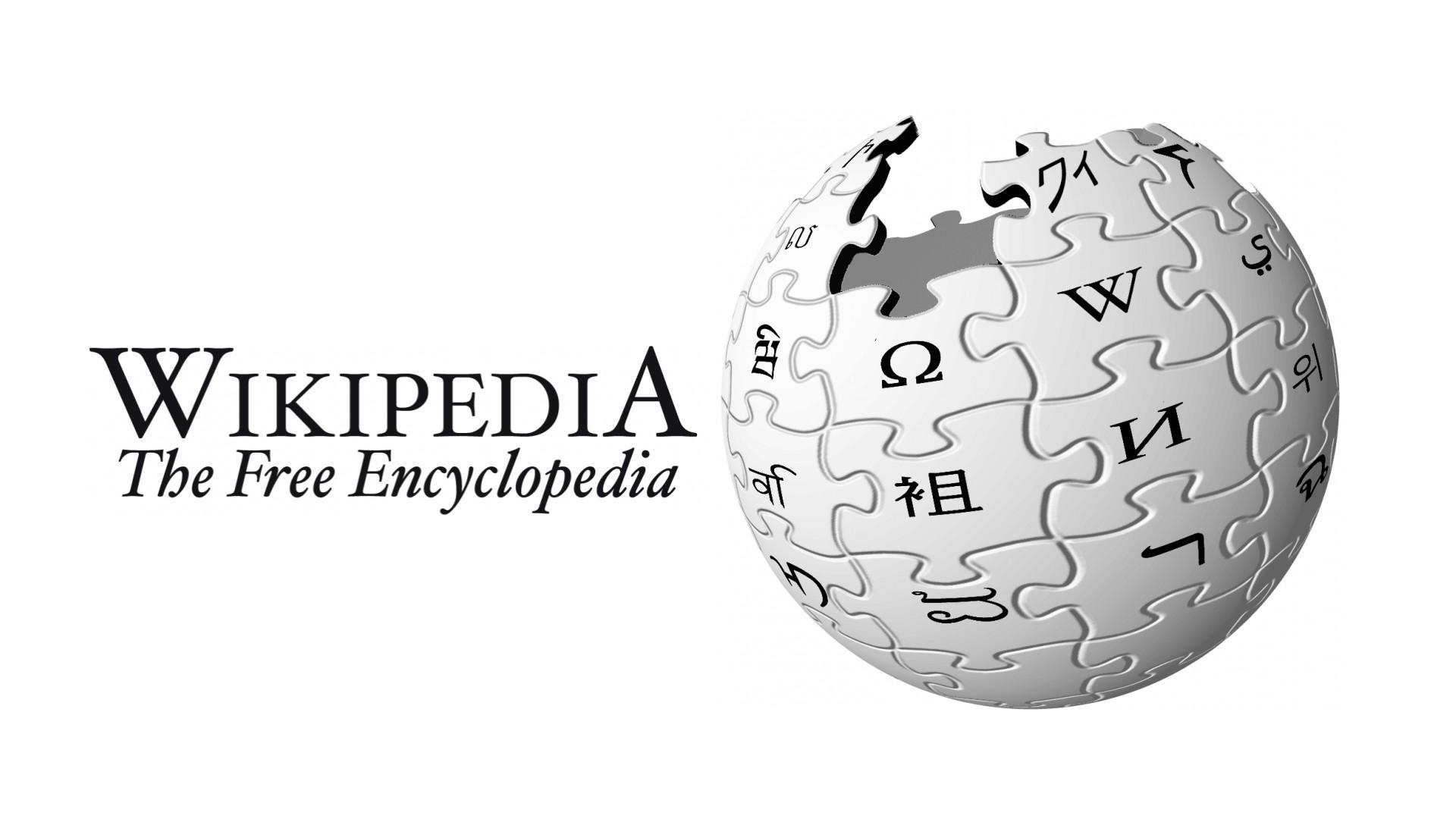Due to the open editorial policy and the fact that an article could be written by anyone and not necessarily an expert, the information found on the website cannot be used in the scientific research.
According to the last official data, Wikipedia exists in more than 300 different languages, with around 43 million articles, which are accessed by 1.4 billion different gadgets each month, while around 200 000 editors patrol this huge database. Everything started on January 2, 2001, in California with a conversation between Larry Sanger, one of the founders of Nupedia and programmer Ben Kovitz. Kovitz explained to Sanger the idea of a wiki (website designed in a way that anyone who accesses it can contribute and edit the content of the site), and he immediately realized that wiki format would be very suitable for an encyclopedia.
After that, Sanger convinced the chief of Nupedia (then free encyclopedia in English language, written by experts) to make a wiki site from Nupedia, therefore, the first version was set up on January 10 of the same year already. Since many Nupedia users did not want Nupedia to be that way, Wikipedia was born on January 15 on its own website www.wikipedia.org.
Five pillars of Wikipedia
- Wikipedia is an encyclopedia.
- Wikipedia is written from a neutral point of view, which means that it aims for the articles that do not represent individual opinions.
- Wikipedia is free content that anyone can use, edit and share.
- Wikipedia editors should treat each other with respect and behave in a civilized manner .
- Wikipedia has the rules which are prone to change – their meaning and interpretation can be changed with time
However, the third pillar, which implies that anyone can edit the content, attracts particular attention. This leads to the following situation: Croatian Index writes that the Croatian version of Wikipedia is full of disinformation, lies and extremely right-wing apologetics in numerous subjects, particularly articles that concern recent Croatian history. Comparison between the articles about concentration camp Jasenovac, published in English and Croatian version, are the best confirmation of this fact.
While the first one succeeds in covering all relevant subjects such as political background, life conditions, polemics concerning the number of victims, large number of dramatic testimonies of eyewitnesses, etc, the other one generally includes the only relativization of number of victims, apologetics of Church and blaming the propaganda of socialist Yugoslavia. The same goes for many other debatable historical events such as, for example, the case Racak in Serbian and English version of Wikipedia.
Due to the open editorial policy, the fact that the article could be written by anyone and not necessarily an expert, the information found on the website cannot be used in scientific research. Even on Wikipedia itself, in the section About us, there is a reference that says that the users should be aware of the fact that the information can be false of debatable. Also, there are many examples of politicians and public persons who are changing the articles about themselves in order to delete particular unpleasant details. The concrete example is the case in Great Britain from 2015 when details and controversies about MPs were removed from their Wikipedia pages directly from PCs from within the Parliament.
Montenegrin Wikipedia?
In December 2018, the Language Committee of Wikipedia (LangCom) gave a negative opinion on the proposition to establish the independent Montenegrin Wikipedia. They consider that Montenegrin, such as Serbian, Croatian and Bosnian is a branch of Serbo-Croatian language, therefore, their assessment is that the existing Wikipedia in these three languages is understandable for all four nations. Publicist Vladimir Jovanovic, part of the three-member team of administrators of a test version of Montenegrin Wikipedia sees this as discrimination.
Meanwhile, Wikipedia tightened the conditions necessary to obtain Wikipedia version due to a large number of requests, therefore, they exempted all the language varieties (which originate from the same language, according to them), from a right to Wikipedia, Jovanovic says for Pobjeda.
A test version of Wikipedia for Montenegro
The test version of Wikipedia for Montenegro, initiated by the group of local enthusiasts has been available since December 16, 2017. If and when the request for the creation of Montenegrin Wikipedia is approved, all the content from the test version will be transferred to the official Wikipedia page. The first article posted was a definition of the Montenegrin language.
The Russian Wikipedia arrives in 2022
The President of Russia Vladimir Putin suggested changing Wikipedia in Russia with a new Great Russian Encyclopedia in its electronic form. In September last year, it was said that almost 1.7 billion rubles could be provided for the creation of the Russian version of Wikipedia, for the period from 2020 until 2022, as reported by Sputnik.
Putin expressed his belief that the electronic version of the encyclopedia, as contrary to Wikipedia, would be able to become the source of reliable information in its good and modern form. At the same time, it was highlighted that it was not about any bans or restrictions of access to Wikipedia.
Sergei Kravec, editor-in-chief of the scientific publisher VRE, stated in November that the project would gather around 270 people and that the year of launching of the service was planned to be 2022. Online service would not include only informative material, but also the research one, encompassing of discussions and polemics. He added that both the authors and an editor would be liable for the published information in the Russian version of Wikipedia and that all the texts would undergo encyclopedic entries which consist of reliable facts, right transcription of people and geographical names.
DFC Magazine issue 15

